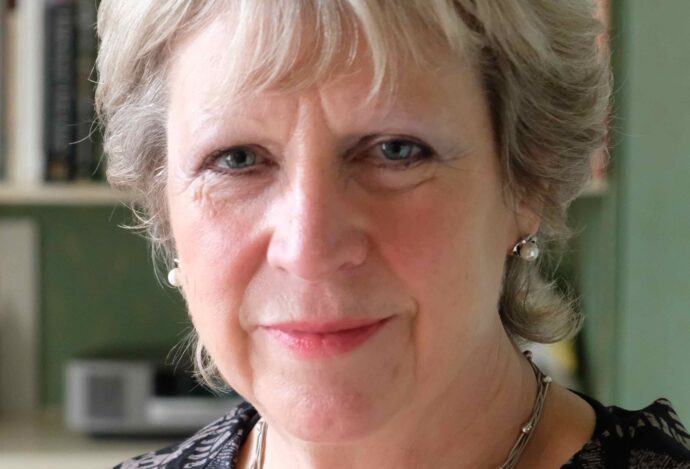Monday 29 January, 6.00 – 7.00 pm, followed by drinks reception. Pavilion Room, Hughes Hall
All welcome, including non college members. Sign up here
Best known today as the creator of Cragside in Northumberland, the first house in the world to be lit by hydroelectricity, William Armstrong (1810–1900) is regarded, with Robert Stephenson and I. K. Brunel, as one of the three greatest 19th-century engineers. He was also an environmentalist long before the word was invented. He planted at Cragside more than seven million trees and shrubs. While the steam age was at is height, he prophesied the end of dependence on fossil fuels, and saw a future fuelled by water power and the sun.
In 1887, Queen Victoria’s Jubilee year, he became the first engineer to be raised to the peerage, as Baron Armstrong of Cragside. He had perhaps done more than any other in his field to secure Britain’s imperial might – and put his native Newcastle upon Tyne on the global map. He became a national hero – and one of the richest men in Europe – for his contribution to Britain’s defences. For though he was the brains behind the hydraulic crane (and many other hydraulic systems, including the mechanism that drives London’s Tower Bridge), he was more famous in his own day as the inventor of modern artillery. His industrial empire at Elswick-on-Tyne, which at its greatest extent occupied 1½ miles of the north bank of the river, grew to include shipyards that would eventually build vessels for all the world’s leading navies.
He was also a philanthropist. He advocated education for all, and set up the Elswick Mechanics’ Institute for his workers, along with schools for their children. He was one of the founders of the College of Science, which evolved into Newcastle University. He and his wife endowed seven hospitals and the Newcastle Museum of Natural History (now the Great North Museum). They transformed their estate at Jesmond Dene, a rural enclave on the edge of the city, into a public park and gave it to the people of Newcastle in perpetuity. For forty years, from 1860 to 1900, Armstrong was president of the Literary and Philosophical Society of Newcastle upon Tyne. When he died in 1900, aged 90, The Times said in its obituary: ‘Newcastle loses her greatest citizen and the country at large one of the worthies of the expiring century.’
About the Speaker
Henrietta Heald was educated at Durham, and worked in publishing for many years before turning to full-time writing and campaigning for the preservation of our heritage. Her Magician of the North was described by Len Deighton as ‘essential reading for anyone interested in the power and greatness of Victorian England’, and her Magnificent Women and Their Revolutionary Machines, a centenary history of the Women’s Engineering Society, was highly praised in the Times Literary Supplement, and by one reviewer as ‘quite simply one of the most important pieces of literature I shall ever read’.
As Armstrong’s biographer, Henrietta will tell the story of this remarkable man and his legacy in Northeast England.
About Richard Berg Rust
Those of you who knew Richard, our Development Director, who, in 2017 was so sadly and suddenly taken from us, will remember not only his huge contribution to the College but also his passionate love for the literature, culture and music of his native North of England, and especially of Northumberland and County Durham.
Richard grew up in Northumbria and was a life-long champion of the North of England. He wanted to showcase northern talent, helping to alter attitudes and to celebrate the wealth of culture he found there. He was Director of Development for the Theatre Royal in Newcastle and oversaw its expansion for three years. He was also the founding father of the Northumbrian Association and campaigned to get the Lindisfarne Gospels back to Durham Cathedral supported by Sir Tom Cowie and the then Bishop of Durham Michael Turnbull. In the process he raised money to take culture, history and copies of the Gospels to schools in the area of which he was rightfully proud.
In his memory the College decided to institute a yearly event – a lecture, a recital, or a performance – on Northern themes, which it hopes members and alumni will help to endow.
This lecture has been made possible by the kind support of alumni, seniors and friends of the College. If you would like to contribute to the Richard Berg Rust lecture fund to ensure that we can carry on with this fascinating and unique series please donate online and select ‘The Richard Berg Rust Lecture Fund’ or email development@hughes.cam.ac.uk.
photo credit: Caroline Forbes


